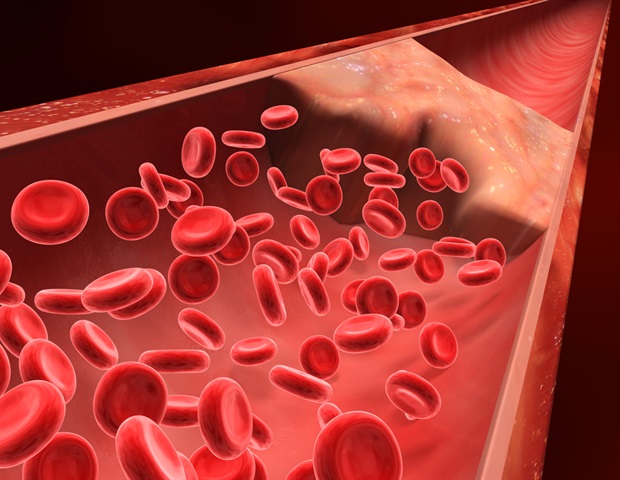Amelia Lavenski’s seizure-free journey with the ketogenic diet
Amelia Lavenski is a 4-year-old girl from Anne Arundel County, Maryland, who has a bright personality and loves laughing and Mickey Mouse. “Every day, she smiles at something new,” says Amelia’s mother, Stephanie. Amelia was diagnosed with epilepsy – a neurological condition that causes seizures, which she started having when she was 15 months old. … Read more






